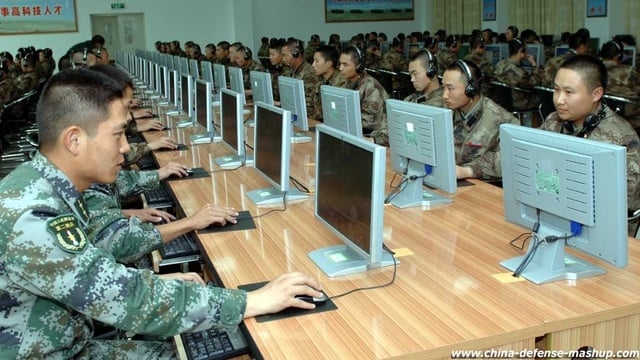


The indictment marked a break with the standard diplomatic practice of not subjecting active military officials of other countries to criminal prosecution, and many in Washington greeted it with skepticism. The mug shots of these men, who went by monikers like KandyGoo and UglyGorilla, were splashed across posters that read: Wanted by the FBI. In 2013, former FBI director Robert Mueller called for a broad effort to root out cyber-threats and seek the “warm body behind the keyboard.” Speaking at the Brookings Institution the day after the Unit 61398 indictment was unveiled, Carlin said that the bureau had succeeded in “putting a face” on that warm body-or rather, on five of them. Justice Department for commercial espionage in 2014. The perceived decline in attacks from China raises a question: why? Former government officials and cybersecurity experts now offer up a range of theories-including a provocative one that questions the extent to which straight commercial cyber-espionage, as opposed to the more targeted spying on military technologies and capabilities that many nations engage in, was ever a priority of the Chinese central government in the first place.įive members of China’s People’s Liberation Army Unit 61398 were indicted by the U.S. “It’s ‘Get off our lawn.’”īut others are not sure the U.S. “This approach is a giant ‘No trespassing’ sign,” Carlin said. Indictments and so-called “naming and shaming” have been accompanied by economic sanctions and diplomatic efforts, including a September 2015 agreement between President Obama and Xi Jinping to refrain from conducting or supporting cyber-theft of intellectual property. For some in the Obama administration, this is proof that using both carrots and sticks to combat Chinese theft of intellectual property-what Carlin called an “all-tools” approach-is working.


 0 kommentar(er)
0 kommentar(er)
